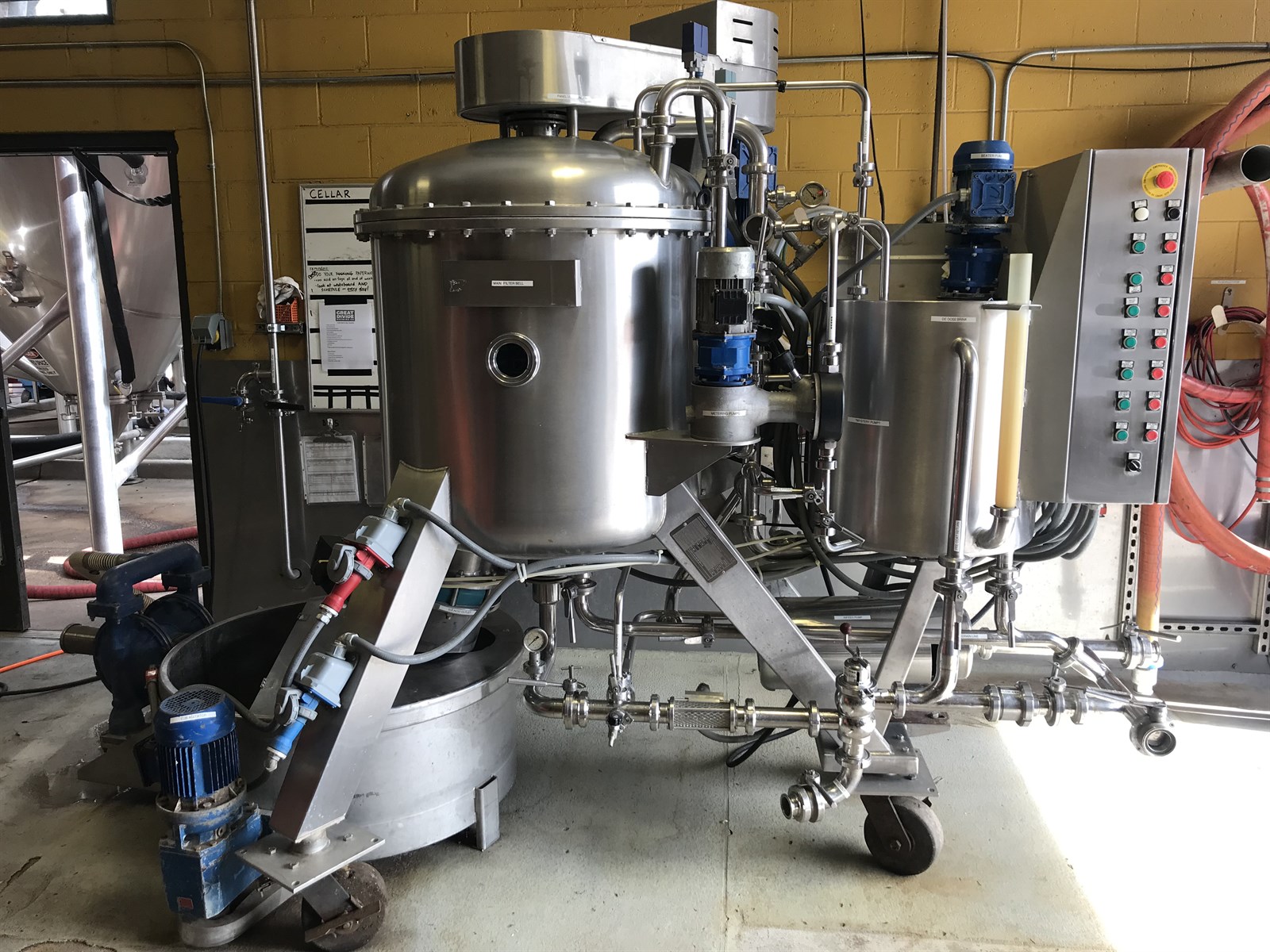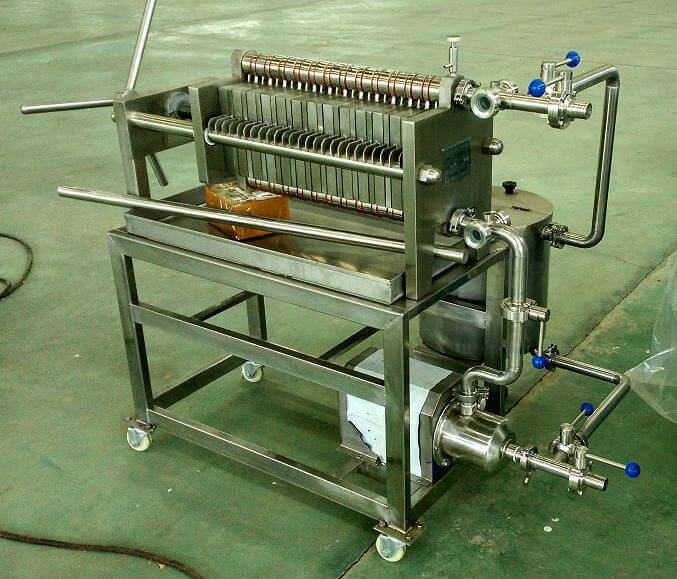Why Diatomaceous Earth Filtering Is the Preferred Choice for Many Water Systems
Unlocking the Perks of Diatomaceous Planet Filtering for Tidy and pure Water
The expedition of diatomaceous earth (DE) filtering system presents an engaging option for those looking for sustainable and effective water purification techniques. As the need for tidy water proceeds to climb globally, understanding the diverse applications and advantages of DE filters may expose crucial insights for both household and industrial usage.
What Is Diatomaceous Earth?
Diatomaceous planet, usually referred to as DE, is a naturally occurring stratified rock composed mostly of the fossilized remains of tiny, aquatic organisms recognized as diatoms. These single-celled algae are abundant in silica, which is the main component of DE. The distinct structure of diatomaceous earth is composed of microscopic, permeable fragments that supply a high area, making it a reliable filtering system tool.
DE is normally harvested from old lake beds and down payments, which have actually accumulated over countless years. It looks like a fine, white to beige powder, and its chemical make-up primarily consists of silicon dioxide, in addition to trace quantities of various minerals. This make-up is what gives DE its amazing residential or commercial properties.
Along with its application in water filtration, diatomaceous earth is made use of in a variety of industries, consisting of farming, food storage, and pest control. Its capability to take in wetness and its abrasive high qualities make it a valuable source in these fields. Generally, diatomaceous planet stands out as an eco-friendly option for different applications because of its all-natural beginning and performance in filtering procedures.

Exactly How Diatomaceous Earth Filtering Functions

When water goes through a diatomaceous planet filter, the fine fragments are caught in the elaborate network of little pores. The shapes and size of these pores are essential, as they are created to target specific contaminants while allowing tidy water to flow with. As water steps via the filter tool, the mechanical action of the diatomaceous planet records bigger particles, while smaller contaminants are soaked up or literally obstructed.
In addition, the surface given by diatomaceous planet is substantial, improving its capacity to hold pollutants. This leads to a steady buildup of trapped bits, which can be occasionally eliminated with a backwashing process. This approach makes sure regular purification efficiency and contributes to the overall efficiency of preserving pure and tidy water.
Benefits Over Traditional Filtering
When comparing diatomaceous earth filtering to standard purification approaches, several advantages emerge that improve water purification effectiveness. Among the key advantages is the superior filtering capability of diatomaceous planet (DE), which can get rid of smaller fragments and contaminations that traditional filters may miss. The microscopic structure of DE enables it to capture impurities, including germs and protozoa, resulting in cleaner water.
In addition, diatomaceous planet filters tend to have a much longer life expectancy than traditional media, lowering the regularity of replacement and upkeep. This longevity not only decreases operational prices however likewise reduces waste, adding to even more lasting techniques. DE filters also operate at reduced pressure, which can lead to energy financial savings in large applications.
One more substantial advantage is the versatility of diatomaceous planet. It can be utilized successfully in various contexts, from metropolitan water treatment facilities to specialized industrial applications (diatomaceous earth filtering). The natural composition of DE makes it an eco-friendly option, complimentary from harmful chemicals and pollutants typically associated with artificial filtration systems
Applications in House and Industry
Various applications of diatomaceous planet filtering why not try these out system can be located in both household and commercial setups, highlighting its versatility and performance in water purification. In household settings, diatomaceous earth (DE) filters are commonly used in pool, properly capturing debris and microorganisms, thus keeping water quality and hygiene. Additionally, numerous families make use of DE in home water purification systems, where it serves to remove contaminations, debris, and harmful pathogens, ensuring risk-free drinking water.
In industrial applications, diatomaceous earth filtering is important to different markets, including food and drink production, pharmaceuticals, and wastewater treatment. In the food sector, DE is used in the filtration of beer and red wine, assisting in the elimination of yeast and other particulates while preserving the drink's flavor profile. In wastewater therapy facilities, DE filters play an important duty in boosting water top quality by capturing impurities and assisting in the recycling try here of water sources.
The efficiency of diatomaceous earth in both household and commercial applications underscores its indispensable duty in advertising tidy water gain access to, adding to public health and wellness, and sustaining lasting methods.

Choosing the Right DE Filter
Picking the proper diatomaceous earth (DE) filter is important for guaranteeing optimum water purification, whether for industrial or household use. diatomaceous earth filtering. The selection of a DE filter relies on a number of critical elements, including the certain application, circulation rate requirements, and the preferred degree of filtration
First, examine the quantity of water to be filteringed system. For domestic use, smaller filters suffice, while industrial applications might demand bigger, high-capacity systems. Next off, consider the circulation price; it is important to pick a filter that can take care of the needed throughput without compromising water high quality.
Furthermore, assess the filtering degree; DE filters can be found in numerous qualities, affecting the removal of particulates and pollutants. Higher-grade filters are ideal for applications needing strict pureness levels.
Lastly, consider the upkeep needs and the accessibility of substitute DE powder. Filters that are easier to keep and have conveniently offered products will certainly minimize downtime and operational expenses. By very carefully considering these aspects, one can select a DE filter that fulfills specific demands, ensuring the distribution of safe and tidy water.
Conclusion
In summary, diatomaceous planet filtering stands for a considerable innovation in water filtration technology, offering enhanced effectiveness and efficiency in capturing contaminations. Its unique permeable framework promotes exceptional filtering, while its environmentally friendly properties add to sustainability. The durability and reduced functional pressures of DE filters promote power financial savings, making them a sensible choice for numerous applications in both household and industrial setups. Embracing diatomaceous planet filtering can lead to boosted public wellness results and higher accessibility to clean water.
The expedition of diatomaceous planet (DE) filtering system offers an engaging alternative for those looking for effective and sustainable water purification approaches.When contrasting diatomaceous planet filtering system to typical filtering methods, several benefits emerge that enhance water filtration effectiveness.Numerous applications of diatomaceous planet filtering system can be Get More Info found in both household and industrial settings, highlighting its versatility and effectiveness in water filtration. In household environments, diatomaceous planet (DE) filters are typically employed in swimming pools, successfully recording particles and microorganisms, consequently preserving water clearness and hygiene. In wastewater therapy facilities, DE filters play a critical duty in improving water high quality by trapping pollutants and assisting in the recycling of water sources.